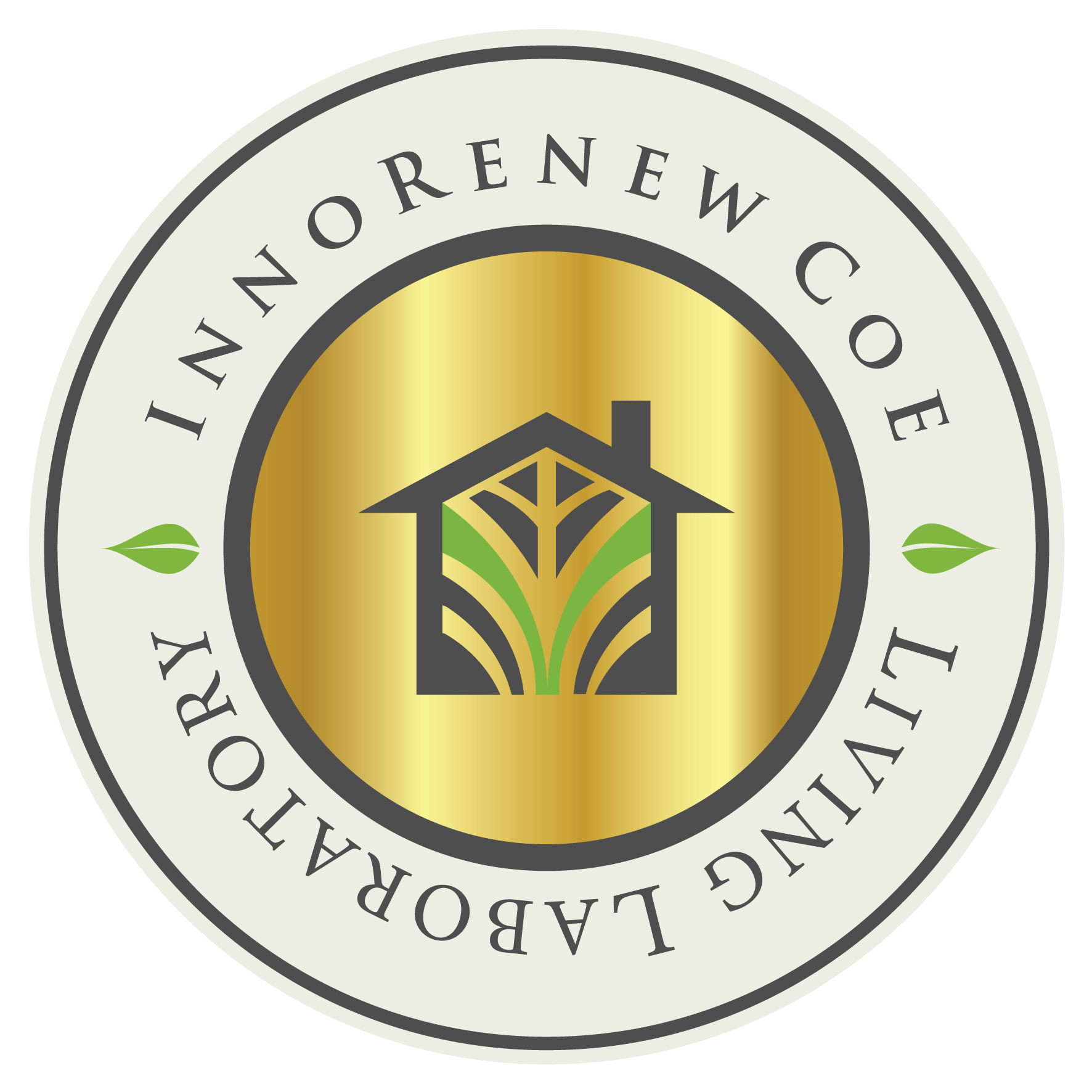torek, 6. februar 2024 Andrea Pieroni: Could ethnobotany be a tool for proposing sustainable use of plant resources?
V ponedeljek, 12. februarja 2024, bo izveden seminar o kopenskih vsebinah.
ČAS IN PROSTOR: Predavanje bo potekalo od 12. 2. 2024, 9:30-10:15, Izola, Livade.
------------------------------------
Predavatelj: Andrea Pieroni
------------------------------------
Trained in medical botany at the University of Pisa, Andrea Pieroni earned his doctorate in 1998 from the University of Bonn in Germany. He has worked as a Research Assistant at the School of Pharmacy, University of London (2000-2003) and as a tenured Lecturer and, later, Senior Lecturer at the School of Life Sciences at the University of Bradford, UK (2003-2009). From January 2009 he has been hired as an associate professor at the University of Pollenzo (www.unisg.it) and from 2016 he is Full Professor of Ethnobotany and from October 2017 Rector of the same university. Professor Pieroni has served as the Vice-President and President of the International Society of Ethnobiology (2008-2010), he is the founder and Chief Editor of the J Ethnobiol Ethnomed (www.ethnobiomed.com) and sits on the editorial boards of diverse international ethnoscientific journals. His reserach focuses on cross-cultural ethnobotany and traditional food in the Balkans and the Middle East and especially among mountain pastoralists and ethnic and religious minorities and diasporas.
--------------------------------------------------------------------------------------------------------------------------
NASLOV: Could ethnobotany be a tool for proposing sustainable use of plant resources?
--------------------------------------------------------------------------------------------------------------------------
Although ethnobotanical studies have exponentially increased in the past decade, there is still a scarse knowledge of the essence and "philosophy" of local, community-centred plant practices and their sustainability. With the help of some concrete examples/case studies we will show that many cultural keystone species in many communities of the Mediterranean and the Near East are very common plants that are not threatened. The rare cases in which conservation concerns have to loudly raised refer normally to species, which are remarkably traded in recent times only and whose end use is often unknown by the local communities. This reflection proposes therefore to use community-centred ethnobotanical data as preliminary datasets for sustainable use of local plant resources.









